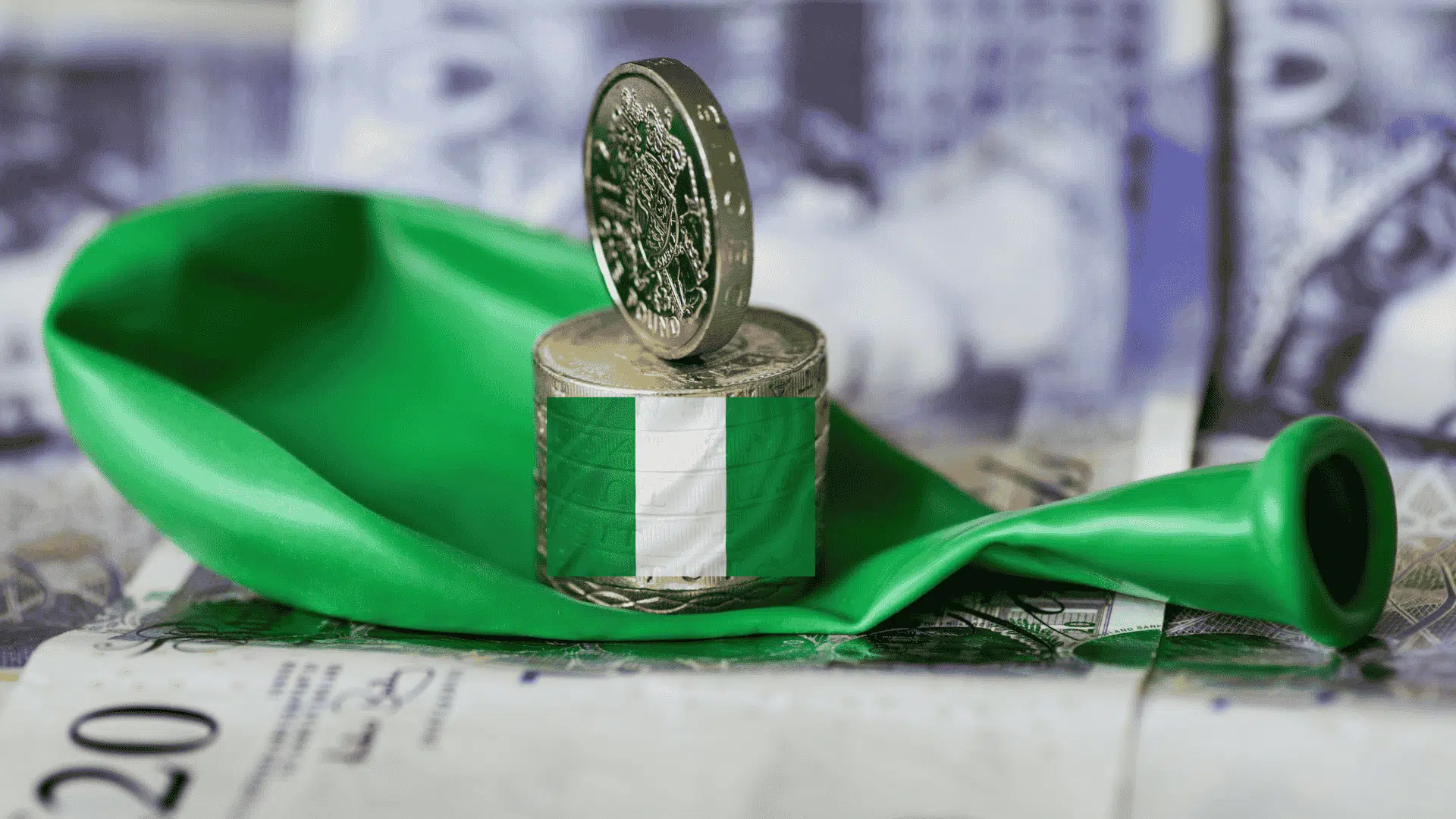The Nigerian Bureau of Statistics (NBS) has recorded a slight drop in the country’s inflation to 23.18% in February 2025. In January of the same year, inflation was at 24.1%. This was revealed on Monday, March 17th, 2025, in the agency’s Consumer Price Index (CPI) and Inflation report for February 2025.
Speaking on the general decrease in inflation, the NBS noted, “On a year-on-year basis, the headline inflation rate was 8.52% points lower than the rate recorded in February 2024 (31.70%). This shows that the headline inflation rate (year-on-year basis) decreased in February 2025 compared to the same month in the preceding year (i.e., February 2024), though with a different base year, November 2009. Furthermore, on a month-on-month basis, the headline inflation rate in February 2025 stood at 2.04%.”
Continuing, the report explained that the urban inflation rate stood at 25.15% in February 2025, indicating an 8.51% points decline from the 33.66% recorded in February 2024.
On a month-on-month basis, urban inflation was 2.40% for February 2025. The twelve-month average urban inflation rate was 32.22%, marking a 4.28% increase from the 27.93% recorded in February 2024.
A decline in rural inflation was also recorded as the rural inflation rate declined by 10% to 19.89% in February 2025 on a year-on-year basis from 29.99% recorded in February 2024.
The month-on-month rural inflation stood at 1.16% in February 2025 while the twelve-month average inflation rate was 27.94%, indicative of a 3.3% increase from the 24.61% recorded in February 2024.
Food inflation is also reducing, albeit at a slower pace than expected. Food inflation reports for February 2025 show that the inflation stood at 23.51% year-on-year, representing a 14.41% decrease from the 37.92% recorded in February 2024. Month-on-month food inflation was 1.67% in February 2025.
“The average annual rate of food inflation for the twelve months ending February 2025 over the previous twelve-month average was 34.74%, which was 4.67% points higher compared with the average annual rate of change of recorded in February 2024 (30.07%),” the NBS noted.
In February 2025, the NBS changed its method of calculating inflation to the Rebased (or adjusted) inflation index to reflect the current economic conditions year-on-year better.
Accordingly, the NBS recorded a notable decrease in the country’s inflation rate, which stood at 24.1% in February 2025.
Despite the news of reduced inflation, Nigerians are yet to feel its impact as the prices of food and other necessities are yet to ease down and reflect current reports.






